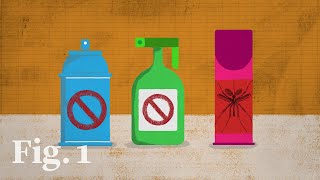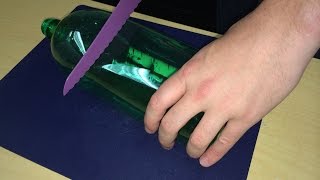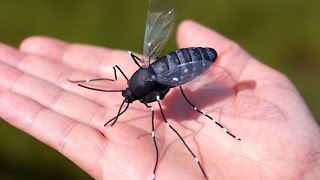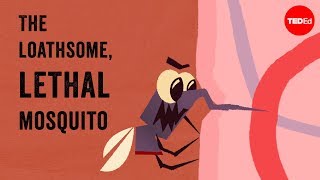Sunday, 11 January, 2026г.
















Где искать: по сайтам Запорожской области, статьи, видео ролики
пример: покупка автомобиля в Запорожье
The search for a safer mosquito spray
Safer, cheaper, better-smelling insect repellent is coming thanks to recent research from UC Riverside that lets researchers know what a bug’s nose knows.
Subscribe! http://bit.ly/1fUWHyY
How Do Our Bodies Fight Off Dangerous Chemicals? https://youtu.be/89kopi2HQYc
Most mosquito repellent since the 1950s has contained a compound called DEET. It works well, but it can also melt your swim trunks, and give you a rash. On top of that, it’s too expensive to be a major factor in parts of the world where malaria and other mosquito-borne illnesses are a serious problem.
UC Riverside’s Anandasankar Ray set out to find a better alternative, but first he needed to figure out how a mosquito’s nose works – and why DEET works in the first place.
Read more about Anandasankar Ray’s work with insect repellents and new, safer chemicals to protect humans and crops from insect-borne diseases:
- Making the ultimate mosquito repellent: http://bit.ly/NoNoMosquito
The research highlighted in this video has been supported in part by the National Institutes of Health’s National Institute of Allergy and Infectious Diseases and the National Institute of Neurological Disorders and Stroke.
#mosquito #deet #ucriverside #ucr
-------------------------------------------------------------------------
Subscribe! http://bit.ly/1fUWHyY
Fig. 1 explores new ideas and research out of the University of California – ranging from science, technology, art and humanities. Get inside the mind of a researcher.
Find more research at: http://www.universityofcalifornia.edu/
Теги:
age=14 15 16 17 biology education research Science study technology University of California uc riverside ucr mosquito bug spray camping outdoors summer bugs bug repellant insects mosquitoes malaria zika DEET
Похожие видео
Мой аккаунт


 У вашего броузера проблема в совместимости с HTML5
У вашего броузера проблема в совместимости с HTML5


